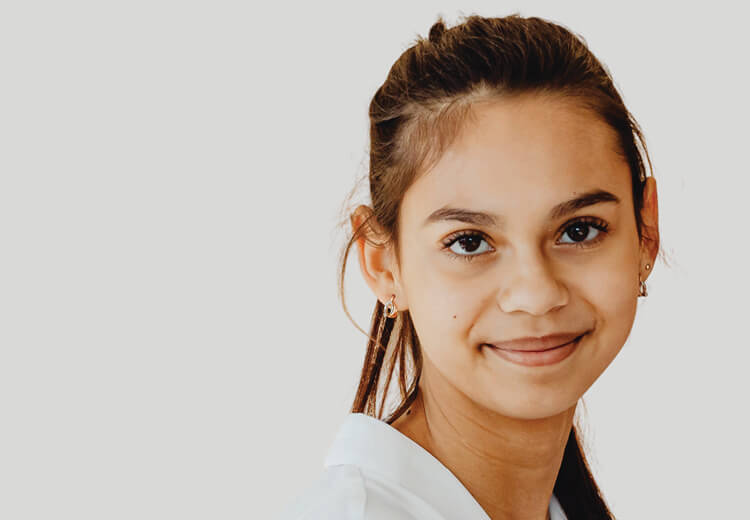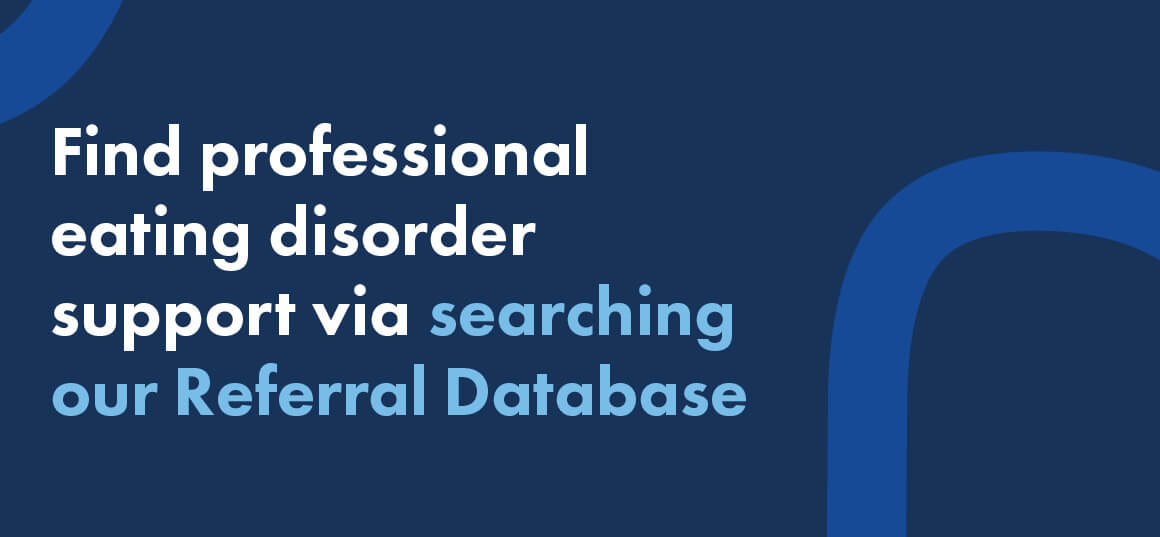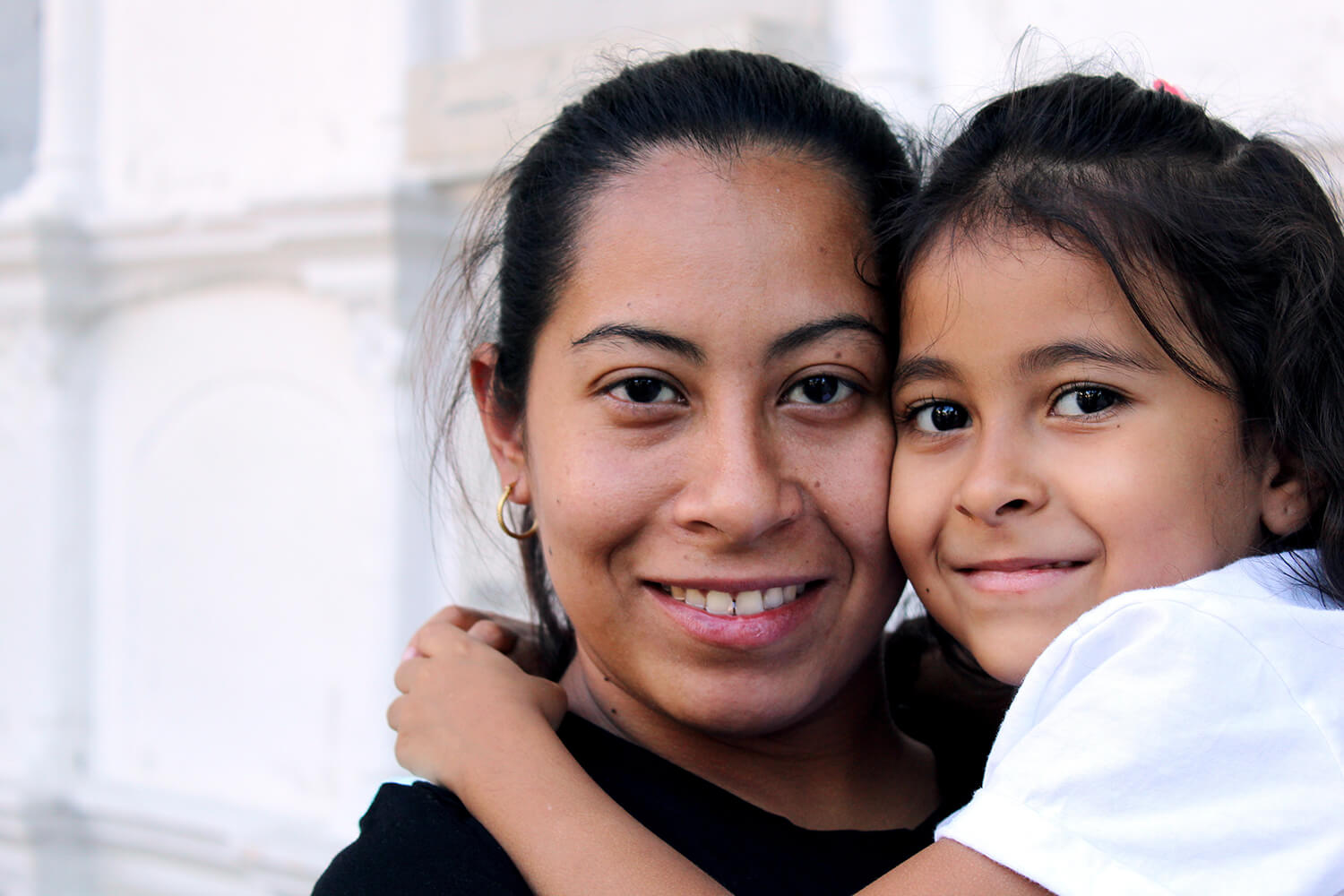Butterfly joins global network to expose the reality of recovery on World Eating Disorders Action Day
When treatment is delivered by skilled and knowledgeable health professionals, full recovery and good quality of life can be achieved for around 72% of people [1].
Today, on World Eating Disorders Action Day (WEDAD) 2023, Butterfly is joining 250 organisations from 50 countries around the world to focus on this year’s theme ‘Real People. Real Recovery.’ The global effort aims to raise awareness of recovery from eating disorders, currently affecting over one million Australians and an estimated 70 million people worldwide, and highlight three key messages: lasting recovery is possible; evidence-based treatment is essential for all in need; and governments and communities need to fund and provide quality and accessible – services, trained providers and a timely response.
Research indicates that on average recovery from eating disorders takes between one to six years, with up to 25% of people experiencing a severe and long-term illnessii. But in reality, there is no set recovery timeline for people with an eating disorder and it is not a linear process.
Joyce Tam, Butterfly’s National Helpline Manager, says “Eating disorders are complex yet treatable illnesses and it’s important to be aware that each person’s recovery will be different. What we do know is that early detection and intervention are essential to increase prospects of recovery. Person-centred care, tailored to suit the individual’s situation and needs, is the most effective way to treat someone with an eating disorder.”
Talking about his lived experience of anorexia nervosa, Will, 24, says, “For me, recovery is not linear, nor does it have a definite end… recovery means, with support of professionals and loved ones, putting in the effort to not end up where I began.”
Jennifer, 42, who experienced Binge Eating Disorder for a number of years, also shares her individual recovery journey, saying “Recovery means sticking to my daily and weekly routine of self-care activities which include; journalling, hydration, moving my body, being creative and resting my body with sleep. Recovery also means being aware of when I may need support and asking for help and being ok with it, cos I know I’m a work in progress!”
An example of evidence-based, person-centred treatment is Wandi Nerida, Australia’s first residential recovery centre for people affected by eating disorders, owned and operated by Butterfly. Wandi delivers a model of care that provides different phases of treatment tailored to each person’s needs and uses the power of lived experience in the recovery journey of each participant.
This model, unique to Australia, aims to deliver ‘proof of concept’ for all other states and territories, who are currently developing their own residential facilities. Robust clinical and economic evaluation of Wandi Nerida is being undertaken by independent researchers from Western Sydney University and Monash University. Since opening in June 2021, more than 90 participants have been through the Wandi Nerida program to help make their recovery a reality.
However, Joyce notes more support for all kinds of eating disorder recovery services is needed. “With over one million people in Australia living with an eating disorder and only a quarter of these getting treatment or support, it is vital that more person-centred recovery services are funded and made available to Australians.”
Butterfly provides resources and support for eating disorder recovery, including:
- Tips for recovery: https://butterfly.org.au/wp-content/uploads/2021/02/TipsForRecovery.pdf
- Butterfly Referral Database, which allows people to search for qualified eating disorder professionals: https://butterfly.org.au/get-support/butterflys-referral-database/
- Recovery support groups and programs for individuals experiencing eating disorders and their carers: https://butterfly.org.au/get-support/support-groups/
- Guide to overcome feelings of ambivalence in recovery: https://butterfly.org.au/ambivalence-to-eating-disorder-recovery/
Other resources from the sector include:
- NEDC Stages of Change: https://nedc.com.au/eating-disorders/treatment-and-recovery/stages-of-change/
- Reach out and Reover resources from Victorian Centre of Excellence in Eating Disorders: https://reachoutandrecover.com.au/
WEDAD is an internationally renowned annual grassroots movement that is designed by and for people affected by an eating disorder, their families, carers, and the medical and professional health community who support them.
Anyone in need of support is encouraged to connect with Butterfly’s National Helpline for advice, information and support. For eating disorder warning signs and symptoms, visit Butterfly’s website.
#RealPeople #RealRecovery #WorldEDday2023 #WEDAD2023
-ENDS-
Media Contact
Harriet Potter, Communications Manager
Harriet.potter@butterfly.org.au
0451 837 044
Editor and producers note: Please include the following support line details in all media coverage of this story and refer to the Mindframe Media guidelines for safe reporting on eating disorders. Please include the following helpline message.
Help and Support
Anyone needing support with eating disorders or body image issues is encouraged to contact:
- Butterfly National Helpline on 1800 33 4673 (1800 ED HOPE) or support@butterfly.org.au
- Eating Disorders Victoria Helpline on 1300 550 23
- For urgent support call Lifeline 13 11 14
Our Helpline is a free, safe, and confidential service providing counselling, support groups, information, and referrals to health professionals around Australia screened for an understanding of eating disorders. All Butterfly National Helpline counsellors are qualified mental health professionals with specialist training in eating disorders and body image.



















